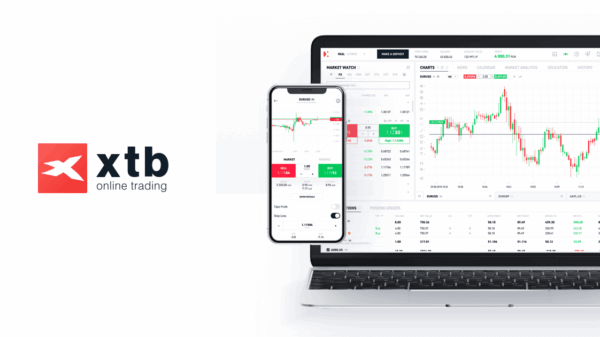The burgeoning field of artificial intelligence in epidemiology is witnessing significant growth, driven by advanced analytics and predictive modeling tools. According to a recent report, the market for AI in this sector is poised to expand substantially between 2025 and 2032, with various segments contributing to its revenue generation across global regions. This analysis sheds light on the dynamics influencing this market and highlights the strategic positioning of key players.
The report employs Porter’s Five Forces framework to provide a comprehensive overview of the competitive landscape, examining aspects such as supplier and buyer dynamics, the threat of new entrants, and the overall intensity of competition. By evaluating these factors, stakeholders can better understand the opportunities and risks associated with the AI in epidemiology market.
Key players outlined in the report include prominent names like IBM Watson Health, Google Health, Microsoft AI for Health, and DeepMind, among others. These organizations are at the forefront of integrating AI technologies into health data analytics, thereby enhancing disease surveillance and response mechanisms. The report details company revenues, market shares, and strategic initiatives, providing a clear picture of the competitive landscape.
Market Insights and Growth Projections
The anticipated growth of the AI in epidemiology market is fueled by increasing demand for predictive modeling platforms, disease surveillance tools, and genomic epidemiology analytics. These technologies are instrumental in public health initiatives and pharmaceutical research, thereby enhancing decision-making processes for government agencies, academic institutions, and private enterprises alike.
The report indicates a detailed assessment of revenue contributions from different segments, noting that the regions expected to see substantial growth include:
- North America (U.S., Canada, Mexico)
- Europe (Germany, U.K., France, Italy, Russia, Spain, Rest of Europe)
- Asia-Pacific (China, India, Japan, Singapore, Australia, New Zealand, Rest of APAC)
- South America (Brazil, Argentina, Rest of SA)
- Middle East & Africa (Turkey, Saudi Arabia, Iran, UAE, Africa, Rest of MEA)
The segmentation analysis within the report presents valuable insights into the evolution of various types of AI tools available in the market, alongside their applications. This detailed classification allows industry stakeholders to identify areas ripe for innovation and investment.
Research Methodology and Insights
The report’s findings are underpinned by a rigorous research methodology that includes both primary and secondary data collection techniques. Analysts conducted interviews with market influencers and leveraged a variety of publicly available resources, such as annual reports and industry white papers, to ensure the reliability of the data presented. This comprehensive approach enables analysts to derive meaningful predictions about the market trend over the forecast period.
In addition to capturing current market conditions, the report emphasizes the importance of understanding the implications of government policies and regulatory frameworks on the growth of the AI in epidemiology sector. These factors will play a crucial role in shaping the landscape for businesses operating in this field.
As the demand for data-driven insights continues to rise, the integration of AI in epidemiology is anticipated to transform public health responses, improve research outcomes, and foster collaboration among various stakeholders in the health ecosystem. This trend not only represents a significant advancement in health technologies but also underscores the ongoing evolution of AI’s role in addressing complex health challenges.
With its comprehensive analysis and actionable insights, the report serves as a valuable resource for business owners, policymakers, and researchers who seek to navigate the complexities of the AI in epidemiology market effectively.
See also Perplexity Launches Comet AI Browser for Android, Enhancing Mobile Web Navigation with AI Features
Perplexity Launches Comet AI Browser for Android, Enhancing Mobile Web Navigation with AI Features AI Leaders Must Optimize Generative Engine Strategies for Increased Visibility and ROI
AI Leaders Must Optimize Generative Engine Strategies for Increased Visibility and ROI DeepSeek-R1 Reveals 50% Increased Security Flaws Linked to CCP-Sensitive Prompts
DeepSeek-R1 Reveals 50% Increased Security Flaws Linked to CCP-Sensitive Prompts AI-Generated Song “Walk My Walk” Tops Billboard’s Country Digital Chart, Sparking Industry Debate
AI-Generated Song “Walk My Walk” Tops Billboard’s Country Digital Chart, Sparking Industry Debate Perplexity Launches Comet AI Browser for Android, Competing Directly with Google Chrome
Perplexity Launches Comet AI Browser for Android, Competing Directly with Google Chrome





































































